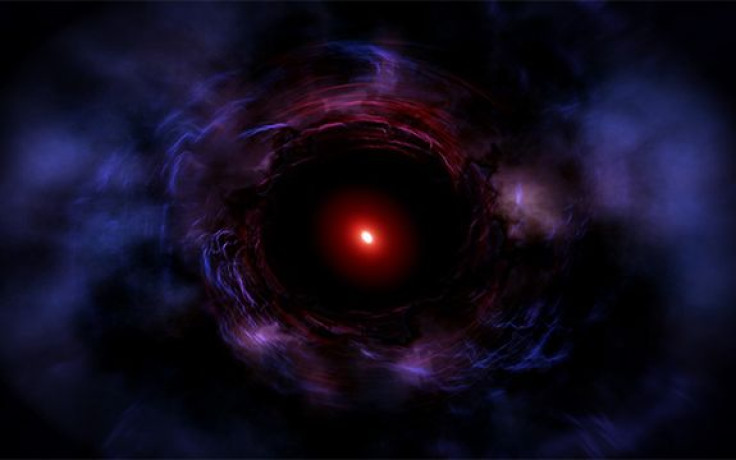Cosmic Murder-Mystery: Why Did This Massive Young Galaxy Stop Making Stars?

A massive galaxy has been found dead, and astronomers are trying to figure out what killed it and why.
The “inactive” galaxy lived fast and died young — the scientists who discovered it say it made most of its stars, three times as many as there are in the Milky Way, within the first billion years of the universe’s existence “in a short, extreme starburst,” according to a study in the journal Nature. But the scientists’ view of the galaxy as it was when the universe was just 1.65 billion years old shows it ran out of fuel and stopped generating stars not long after that burst of creation.
Researchers have that view of the galaxy from so many years ago, and not of what it looks like today, because of the amount of time it takes light to travel such long distances.
With such a short life, ZF-COSMOS-20115 challenges what experts think they know about how galaxies form — according to current scientific knowledge, even though there are inactive galaxies in today’s universe, during such an early stage of the cosmos those giant clusters of stars are supposed to be forming still more. And they aren’t supposed to have such high masses.
Read: This Star-Planet Hybrid Is the Biggest Ever Found
“This huge galaxy formed like a firecracker in less than 100 million years, right at the start of cosmic history,” lead researcher Karl Glazebrook said in a statement from Swinburne University of Technology in Australia. “It quickly made a monstrous object, then just as suddenly it quenched and turned itself off.” That was more than 12 billion years ago.
It has five times the mass of our home, the Milky Way, crammed into a space that is 10 times smaller, Swinburne explained in a video (below). In that tiny space are 300 billion stars.
“The early formation of such massive systems implies that our picture of early galaxy assembly requires substantial revision,” the authors wrote in their study.
Before those revisions can be made, however, the scientists will have to figure out how the enormous galaxy ran out of gas so fast and stopped making stars.
See also:
© Copyright IBTimes 2024. All rights reserved.











